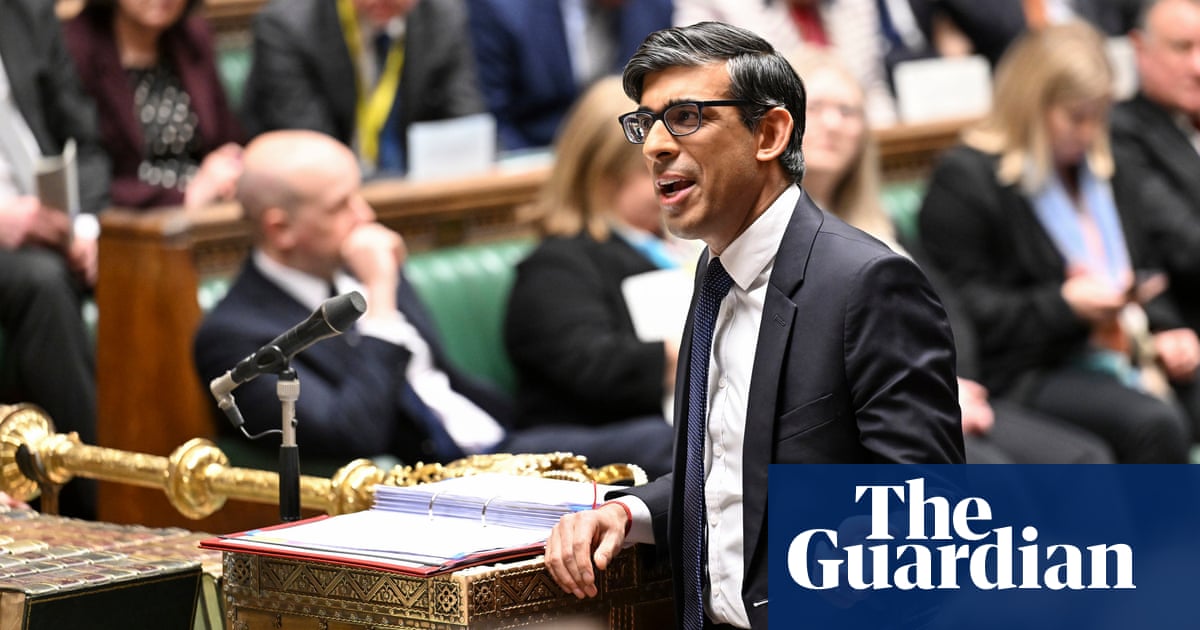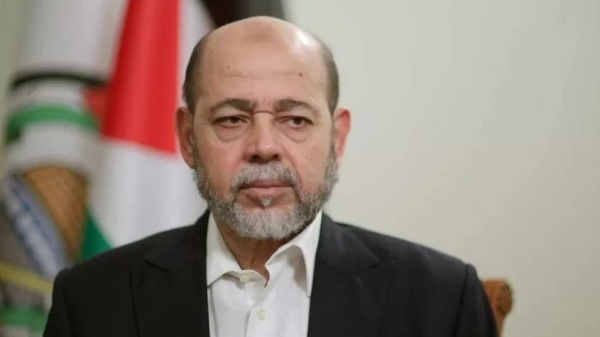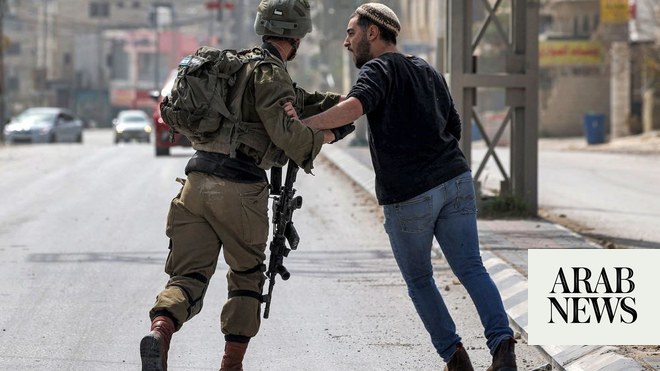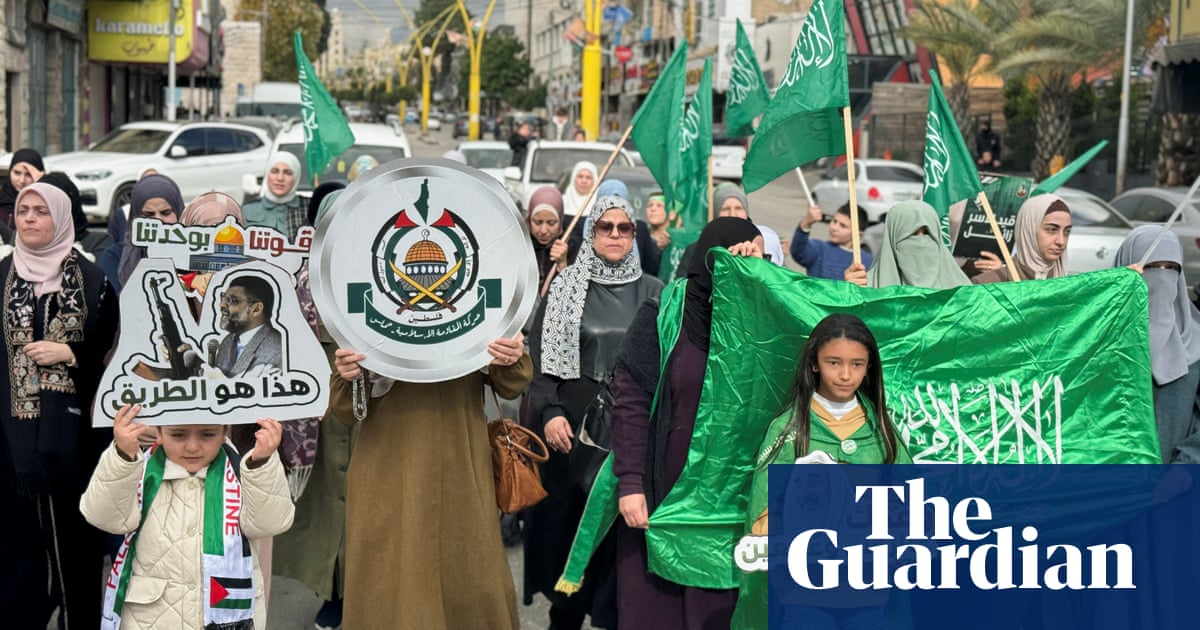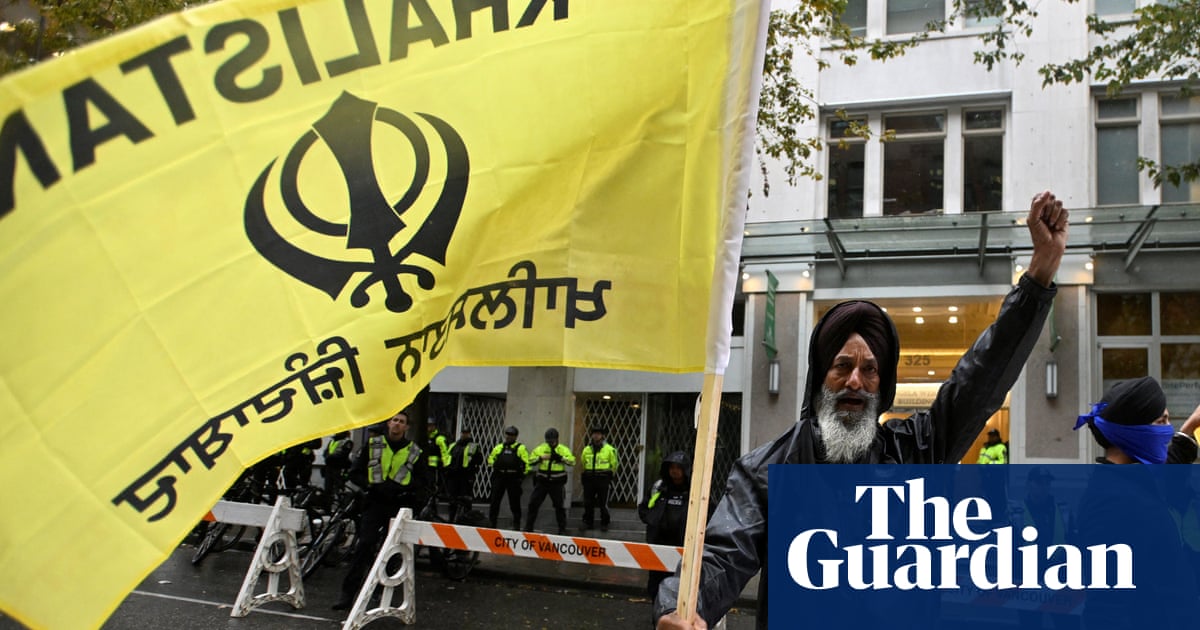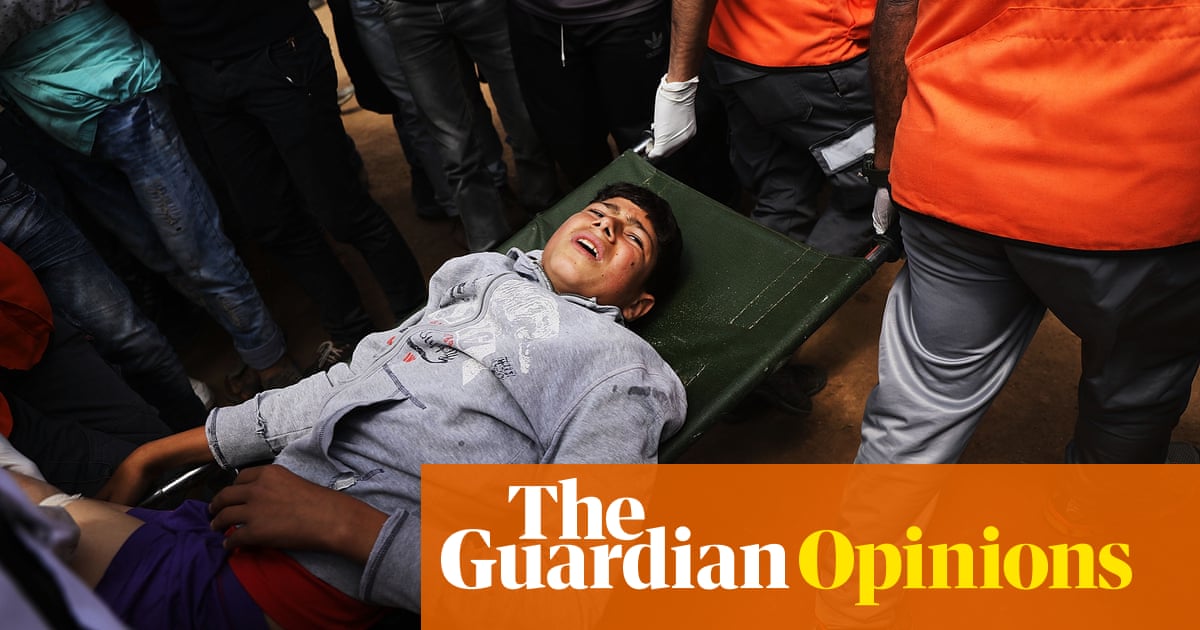
During one of my several trips to Israel, I visited Sderot, thanks to an Israeli friend who loved showing his country to non-Israelis. The town has about 30,000 people, and the Gaza Strip, from which Israel withdrew in 2005 but has blockaded ever since, lies a mile or so away.
After Hamas’s 7 October attack on Israel, a horrifying video of Sderot emerged. Gunmen from Hamas, more specifically its military arm, the Izz ad-Din al-Qassam, roamed its streets in pickup trucks and on foot. They had a common purpose of shooting anyone they encountered: pedestrians, people at a bus stop, motorists and motorcyclists.
Bodies in pools of blood lay about. Cars were pockmarked with bullet holes or crumpled after crashing into barriers once their drivers were shot. The gunmen killed 32 people; 20 were civilians.
The only word to describe what Hamas did in Sderot is “atrocity”. In all, Hamas deliberately killed at least 900 Israelis, mainly civilians, that day in various parts of their country.
The Israeli government, completely blindsided, reacted ferociously. Warplanes targeted the Gaza Strip, a conurbation of 2.1 million people encompassing 365 sq kms – an area only about a third larger than Edinburgh but with four times its population.
Israel’s prime minister Benjamin Netanyahu issued an ominous warning: “Residents of Gaza, get out now [because] we will be everywhere and with all our might.” But Gazans couldn’t possibly reach safety while buildings around them, and possibly ones they inhabited, imploded. Besides, Israel, along with Egypt, has blockaded the Gaza Strip’s air, land and sea routes for 16 years. Gaza’s people were trapped.
Their lives would soon become even more precarious. Israeli defense minister Yoav Gallant announced “a complete siege” of the Gaza Strip that would sever electricity, gas, and even food and water supplies – to an already hardscrabble place. The Strip’s per capita income is $5,600, 47% of the population lack jobs, and 81% live in poverty. The minister’s justification? “We are fighting animals and are acting accordingly.”
Yet despite the horrors the Izz ad-Din al-Qassam visited on Israeli civilians, Gazans are not animals, any more than are their counterparts in Israel. Nor can they control what Hamas does. As Freedom House notes: “No open elections for any office have been held in Gaza since 2006,” the year Hamas won the Palestinian parliamentary elections. Hamas may act in the name of Gazans, but the connection between its deeds and their preferences are murky at best, not self-evident.
Hamas will keep firing rockets into Israel, but Israeli defense systems are incomparably more advanced than anything it has. Israel also has far more air power. Gaza’s civilians will therefore get the worst of it in the continuing violent confrontation.
Hamas’s killings and Israel’s response have sparked an impassioned debate in the press and among political commentators; on X, formerly Twitter, it’s often downright ugly and unproductive.
In one rendition, everything that occurred on 7 October owes to the Israeli occupation of Palestinians – the Gaza Strip, though under siege, isn’t occupied by Israel, unlike the West Bank – and Hamas’s attack was therefore righteous resistance against oppression.
The rival interpretation avers that Israel has yet again been victimized by terrorism, a scourge that must be eliminated using all feasible possible means, and without restraint.
Hamas’s stabbing and shooting civilians and slitting their throats cannot, however, reasonably be described as a justifiable form of fighting repression; nor have such means been widely used historically by national liberation movements. That Hamas also attacked Israeli soldiers and military bases is irrelevant: killing civilians was integral to their aim, not incidental or unintentional.
While Israeli leaders couldn’t possibly have stood passively after the attack, nor are they entitled to retaliate without restraint and with no regard to the distinction between armed combatants and unarmed civilians.
The imperative of discriminating between the two during armed conflicts is central to both international humanitarian law and just war theory because, in the political theorist Michael Walzer’s words, the latter are not “engaged in harm”.
True, waging modern war without killing any civilians is impossible and therefore cannot be a reasonable standard. International humanitarian law requires that “due diligence” be taken to minimize their deaths.
Israel’s warplanes are targeting entire buildings, including residential ones, which collapse like sand castles that have been kicked: the consequences were entirely foreseeable. Not only can the relentless bombings qualify even minimally as due diligence, they make the defense that Israel doesn’t kill civilians intentionally, as Hamas certainly did, unpersuasive.
Similarly, depriving all Gazans of the most basic requirements for survival amounts to collective punishment: every man, woman and child suffers, whether or not they are engaged in hostilities in any fashion.
Quite apart from ethics, wholesale retaliation against all Gazans won’t achieve the Israeli government’s declared aim of destroying Hamas. On the contrary, the hatred generated by disproportionate, indiscriminate punishment will likely provide Hamas a steady flow of recruits – for years.
Reasoned discussion about Hamas’s attack and Israel’s response has proved all but impossible. The two contending interpretations of right and wrong are miles apart. Worse, their respective proponents talk past each other – and, not infrequently, scream.
This article was amended on 12 October 2023. An earlier version said that Gaza had “five times Edinburgh’s population but 9% of its area”. In fact, Gaza’s population is four times that of Edinburgh, and its area is about one-third larger.
Rajan Menon is the director of the grand strategy program at Defense Priorities, a professor emeritus of international relations at the City College of New York, a senior research scholar at Columbia University’s Saltzman Institute of War and Peace Studies, and a non-resident scholar at the Carnegie Endowment for International Peace




